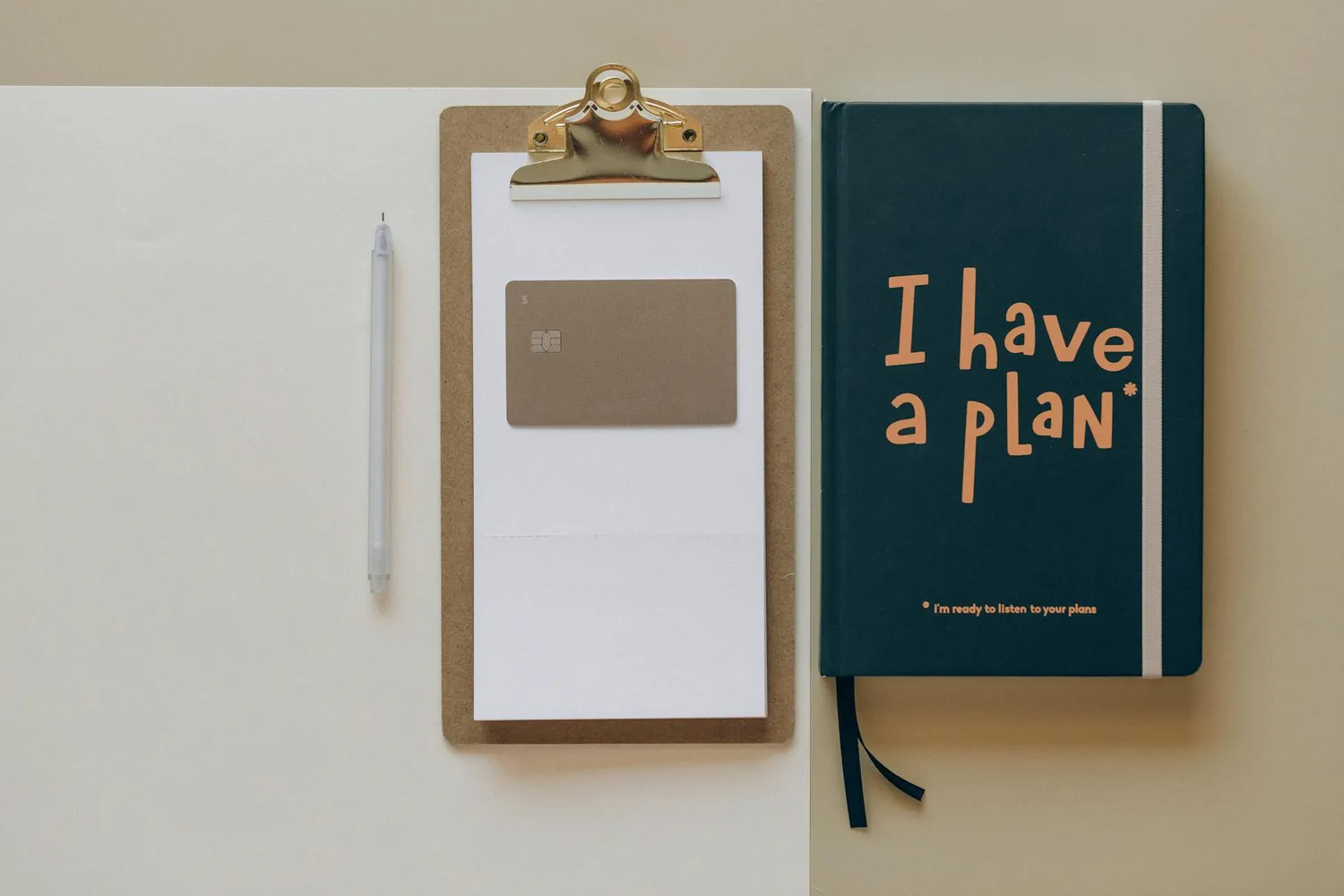Navigating Personal Finances: Tools for Effective Budget Management

Setting the Foundation for Your Financial Goals
Effective budget management begins with clearly defined financial goals. Setting these goals requires introspection and a realistic appraisal of your current financial standing. Whether you're saving for a house, planning a vacation, or aiming to pay off debt, having specific objectives can guide your financial decisions.
Start by categorizing your goals into short-term (within a year), medium-term (1-5 years), and long-term (5+ years). This categorization helps prioritize spending and savings. For example, if you want to save $20,000 for a down payment on a home within five years, you need to set aside around $333 monthly. Having this clarity assists in formulating a tangible plan.
Creating a Realistic Budget
To create a budget that works, begin by documenting all sources of income and listing out your fixed expenses such as rent, utilities, and loan payments. Subtracting these from your income gives you a starting point to manage variable expenses and savings.
- Step 1: Gather your financial statements, pay stubs, and receipts for two to three months.
- Step 2: Identify all your income sources and total them to understand your cash inflow.
- Step 3: List your necessary expenses (rent, groceries, transportation) versus discretionary spending (eating out, entertainment).
Aim for the 50/30/20 rule as a guideline — allocate 50% of income to needs, 30% to wants, and 20% to savings and debt repayment. Adjust these percentages based on your goals.
Tracking Your Expenses
Once you have a budget in place, tracking your expenses becomes crucial. Tools like Mint, YNAB (You Need A Budget), or even simple spreadsheets can help monitor where your money is going.
A practical approach is to review your spending weekly. This allows for timely adjustments and ensures you remain aligned with your financial targets. For instance, if you notice an unplanned spike in dining out expenses, cut back the following week to stay within budget.
Using Apps and Tools
Digital tools offer great convenience in expense tracking. Here are some popular options:
- Mint: Links directly to bank accounts and credit cards to automatically categorize transactions.
- YNAB: Encourages proactive budgeting by assigning every dollar a purpose.
- Excel/Google Sheets: Customizable but requires manual entry, offering full control over categorization.
Adjusting Spending Habits
Changing how you spend money is often the hardest part of managing a budget. However, small changes can lead to significant savings. Start by evaluating non-essential expenses. Can you make coffee at home instead of buying it daily? Opting for public transport over ride-sharing apps can also save considerable amounts over time.
Consider implementing a 'no-spend' challenge where you avoid any unnecessary purchases for a month. Such exercises not only increase savings but also foster a mindful spending attitude.
Building an Emergency Fund
An emergency fund acts as a financial safety net. Aim to build three to six months’ worth of living expenses. This fund should be easily accessible yet separate from regular checking accounts to avoid impulsive usage.
A practical tip is to automate savings by setting up recurring transfers from checking to savings accounts right after payday. Even small, consistent contributions can grow into substantial reserves over time.
The Role of High-Yield Savings Accounts
Parking your emergency fund in high-yield savings accounts can maximize returns while keeping funds liquid. Compare interest rates across different banks before deciding where to keep your emergency funds.
Re-evaluating and Adjusting Your Budget
Your financial circumstances will change over time. Perhaps you've received a salary increase or faced unexpected expenses. Revisit your budget every few months or when there's a significant financial shift to ensure it aligns with your current goals and needs.
This re-evaluation process includes assessing current debts, investment growth, and potential lifestyle changes. It’s about ensuring your budget evolves with you.
A Mini-Framework for Re-evaluation
- Review Income and Expenses: Update any changes in income or recurring expenses.
- Compare Against Goals: Are you on track? Adjust savings or spending if necessary.
- Plan for the Unexpected: Increase emergency fund contributions if job instability is anticipated.
Cultivating Financial Literacy
An effective budget is rooted in understanding personal finance principles. Commit time to reading books, attending workshops, or utilizing online courses that focus on financial literacy. Understanding concepts like compound interest, credit scores, and investment strategies can significantly impact budgeting success.
Recommended Resources
- The Total Money Makeover by Dave Ramsey – Offers insights into debt elimination and wealth building.
- I Will Teach You To Be Rich by Ramit Sethi – Focuses on automating finances and sensible investments.
The Importance of Consistency and Discipline
A budget is only as good as its implementation. Stay disciplined in tracking spending and making informed financial decisions consistently. It takes time and effort but yields lasting stability and peace of mind.
If setbacks occur, be kind to yourself and recalibrate rather than abandon the entire process. Remember, effective budgeting is a lifelong skill that adapts as you evolve financially.